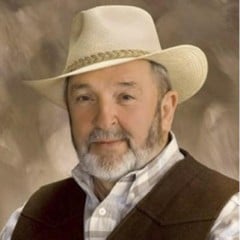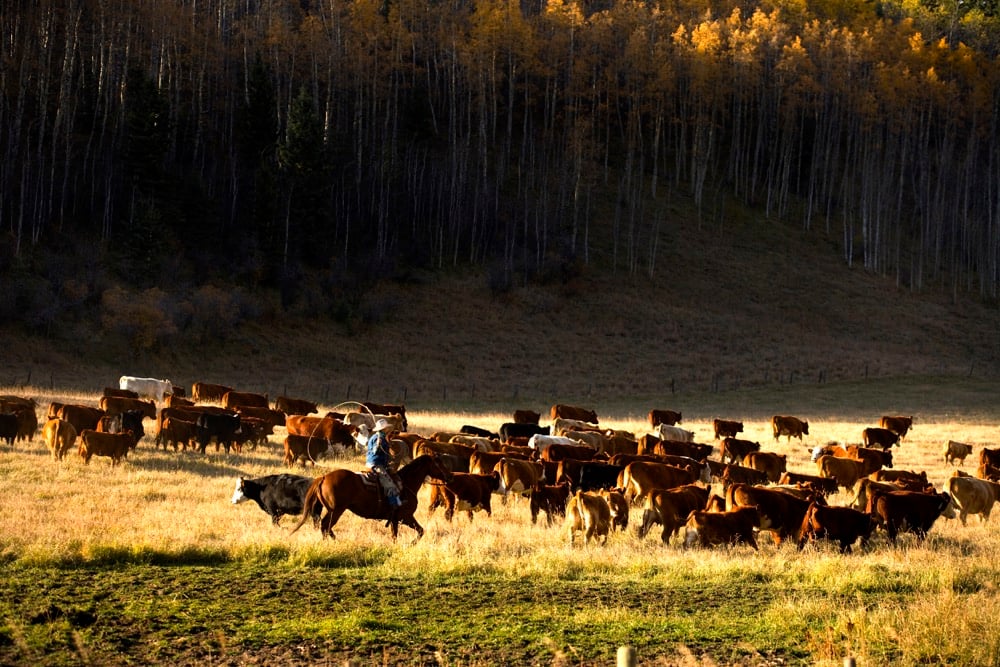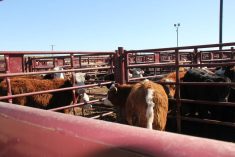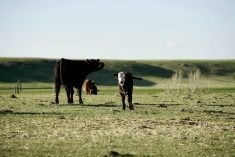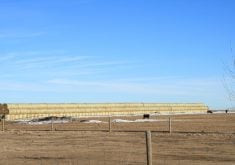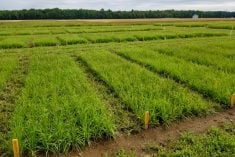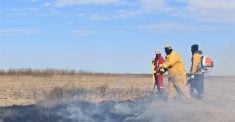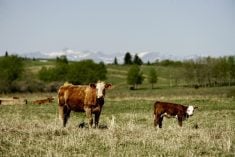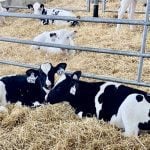To quote a CBC article in the Cochrane Eagle, “For as long as there have been cattle, people have been stealing them.” In my view, it may be the second-oldest profession in the world.
While brand inspectors check auction markets in B.C., Alberta and Saskatchewan, no such system exists in Manitoba or Ontario. The lack of brand inspection in the east, good highways and slick transport trailers make it easier to move and sell pilfered livestock in neighbouring provinces. Add to this the ability to butcher and sell beef in a network of small abattoirs, plus the loosely controlled practice of on-farm slaughter, and those inclined to rustle or buy black-market cattle keep their deep freezers full of stolen beef.
Rustling cattle used to be a “hanging offence,” at least in the eyes of locals. Although the connection between the legal definition of rustling and hanging never really existed, many “rustlers” met their end with vigilantes, and a rope on makeshift gallows.
Read Also
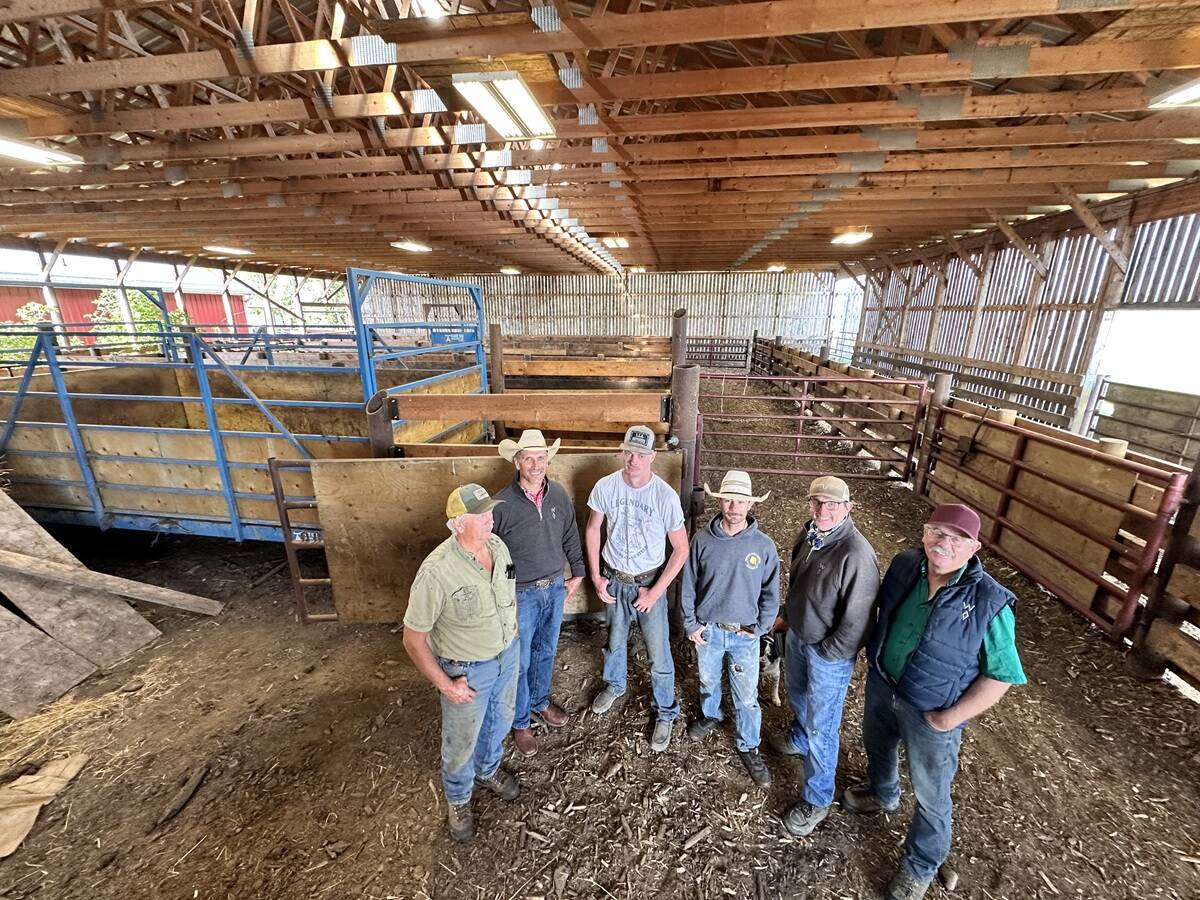
Farm families work together to graze cropland with cattle in the fall
These Alberta farm families have separate operations, but work together to manage their land
The lack of unsuccessful prosecutions perpetuates a crime that totals millions across Canada and the U.S. Will Rogers described the kind of people involved in rustling: “There are three kinds of men. The ones that learn by readin’. The few who learn by observation. The rest of them have to pee on the electric fence for themselves.”
But crime is a game of sophistication, cattle rustling not excluded. Many cases of rustling involve “inside” jobs (employees, neighbours, friends) who know details of an operation, things such as land location, and when owners will be away, while possessing tools to get the job done quickly.
A couple of things make cattle rustling easier. GPS systems and recreational vehicles are common. Radio-controlled drones help locate cattle on range and monitor traffic.
Cattle rustlers are making off with entire herds of live animals and in many cases, getting away with it. John Meston, an Athabasca County producer, lost 85 cattle last fall, including two bulls, four cows and 79 calves. According to Meston, the loss totalled $175,000 worth of cattle. None of the cattle were recovered. In another incident nine years ago, he had 21 cattle taken. In 2018, rustlers made off with 100 calves belonging to a neighbour. The cases remain unsolved.
“In the middle of the night, they’re gone,” said brand inspector Butch Harris, who’s been working to protect farmers, ranchers and auction houses from theft and fraud for 41 years. Harris urges cattle owners to ensure animals are branded to help recover stolen livestock, reports Sam Martin with CBC News.
Inspectors such as Harris check brands against registered owners. He says about 45 per cent of Alberta cattle are branded. RFID tags or the lack of them at the point-of-sale help identify potential legal issues. About 50 cases of stolen cattle are reported every year in Alberta.
Rustling touches every country where cattle are domesticated. Cattle rustling still exists and costs the cattle industry millions of dollars every year. Modern-day rustling goes beyond what we watched on old westerns. Today, thieves work in teams and use modern technology. Technology changed a trade as old as cattle farming itself.
In the U.S., rustling resurged in traditional cattle states such as Texas, Nebraska, Kansas and Oklahoma. South of the border, rustling is predominantly an inside job, just as it is in Canada. Rustlers live close to targeted producers. In most cases, they are people who know about handling cattle.
“Cattle rustling has always been with us. Even now it is strange how mysteriously critters disappear and how many twins Nesters’ cows have. Because of their value, horses are often rustled and sold in Manitoba where they could be widely distributed. Rustling became the major impetus for formation of stock associations. Rustling became known as one of the great mysteries of the range,” wrote Frederick Ings. (Before the Fences: Tales from the Midway Ranch)

